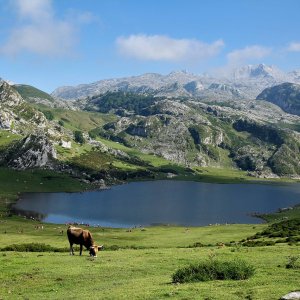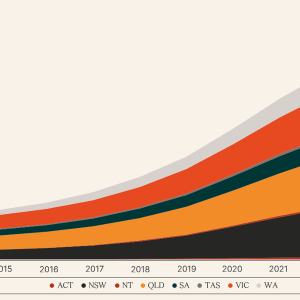Since 1990, Germany has set ambitious climate protection and emissions reduction targets and invested heavily in renewable energy to meet national and international environmental goals. This commitment has made Germany a key leader in European climate policy and positioned it as a major player in international climate change initiatives. However, this environmental leadership faces challenges,...
Tag: 81
Climate Reluctance in France
In France, there is a mix of groups displaying various degrees of reluctance regarding climate change and renewable energy adoption: Rural Communities perceive climate policies as restrictive and costly, impacting traditional agricultural methods they believe in. Certain political affiliations and right-wing and populist groups express scepticism toward climate science and policies, viewing them as top-down,...
The Need to Address Disinformation and Prioritize a Just Transition in the European Union
Context Five years ago, the Green Party achieved its best-ever performance in the European elections. This marked a turning point in EU politics, amplifying environmental and climate issues on the policy agenda. The European Green Deal was approved in 2019 and designed as the EU’s compass to achieve those objectives. In the years following, considerable...
Climate Change Opposition in China
Climate Change Opposition Consists of Communities in Coal-Dependent Regions, Citizens Concerned About Economic Trade-Offs, and Less Educated Citizens Groups and reasons: In China, attitudes towards climate change and the use of renewable energy have been generally positive since 2009-2011. However, they were often depicted as a Western hoax designed to torpedo China’s economic rise before...
Many Canadians Hold Conflicting Attitudes on Energy Transition
Last year, ReClimate’s research center at Carleton University released a report on Canadian responses to climate change and clean energy, showing that 70% of Canadians say governments should do more about climate change. Over 90% support growth in renewable power and clean energy, while almost 60% say oil and gas remain important to our future...
Many People in Brazil Do Not Have Access to Adequate Information About Climate Change and the Benefits of Renewable Energy
In general, in Brazil, the most reluctant groups include: Farmers and rural residents often rely on fossil fuels for their daily activities and may be skeptical about the effectiveness of renewable energy. Political parties with strong fossil fuel sector support may resist changes threatening these interests. Low-income individuals may not have access or financial resources...
Opposition to Renewable Energy Projects and the Promotion of Nuclear Energy in Australia
Stances supported by right-wing political parties seeking to maintain the fossil fuel industry in the country and their traditional voting base Australia has a history of opposition to climate change in some community segments. Polarization around the science of climate change and the role of Australia in exporting it to the world via its...








